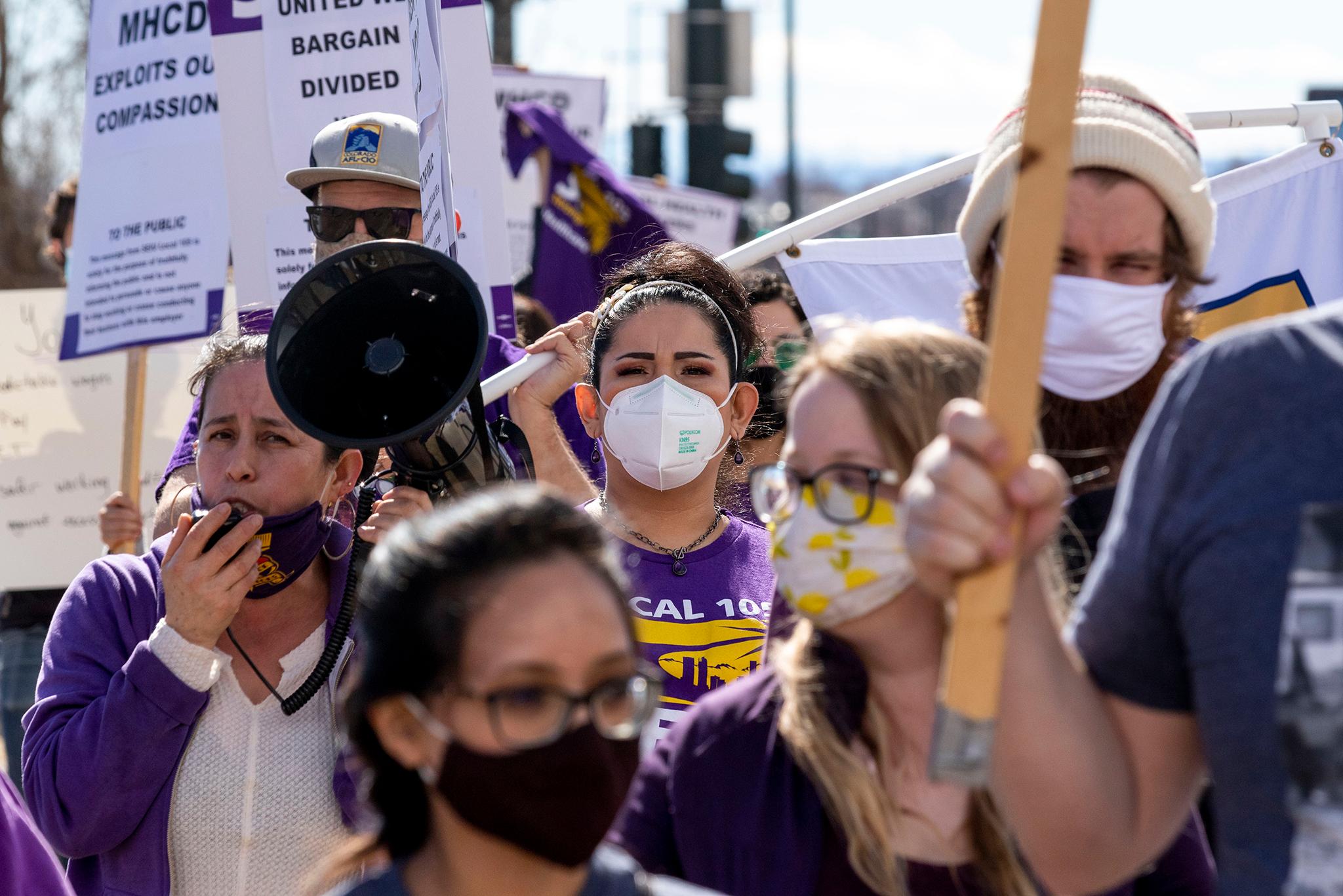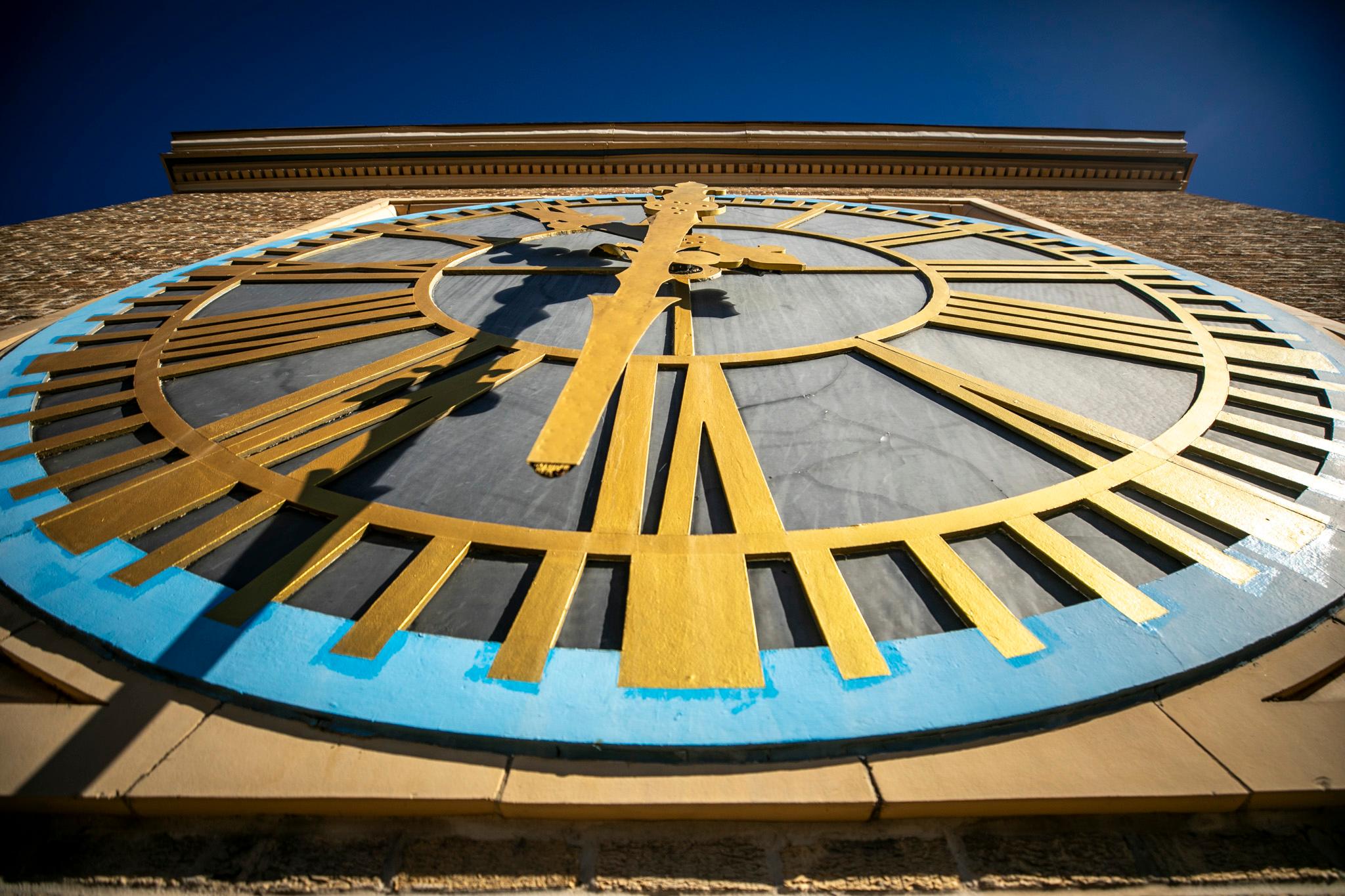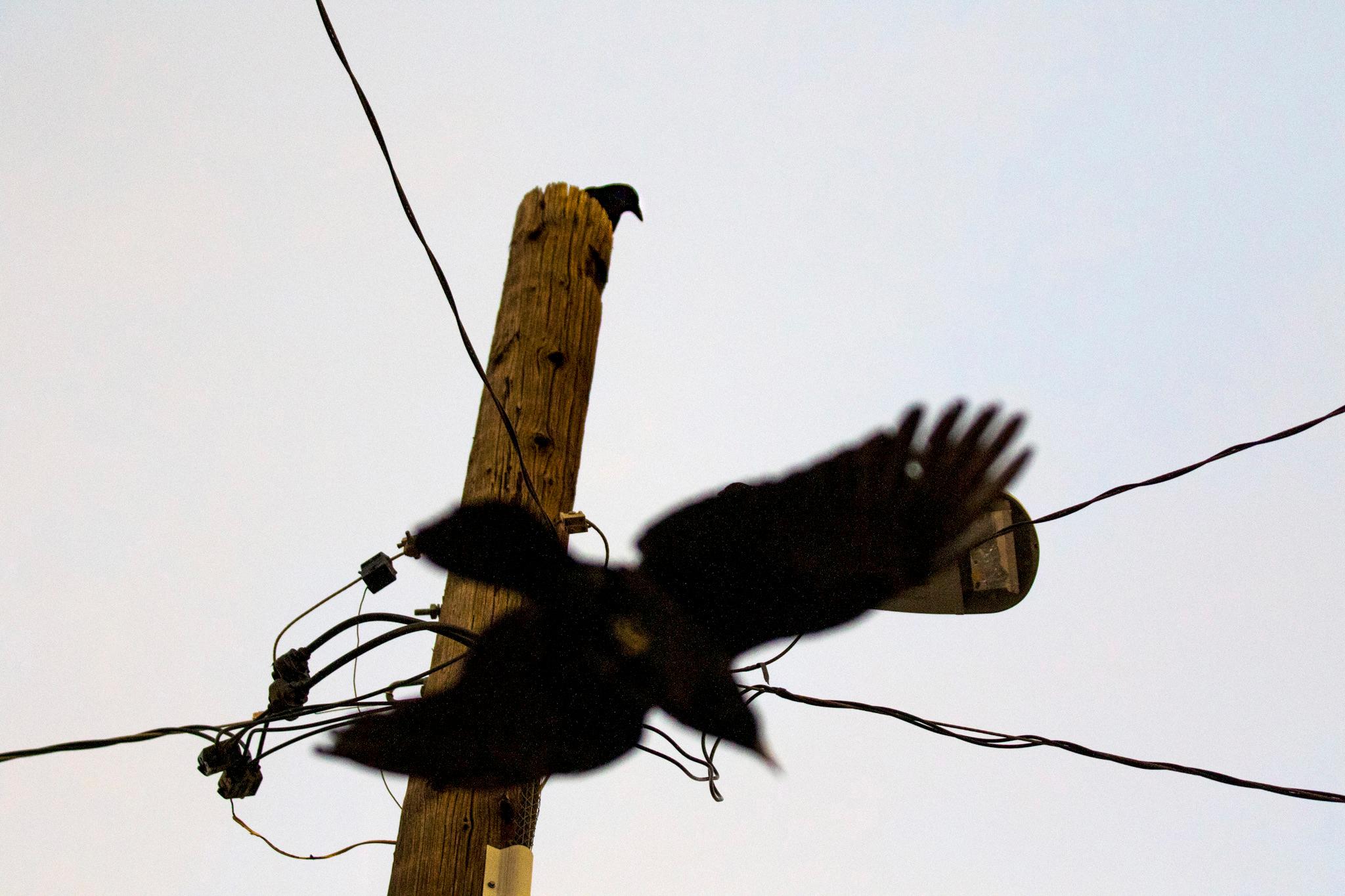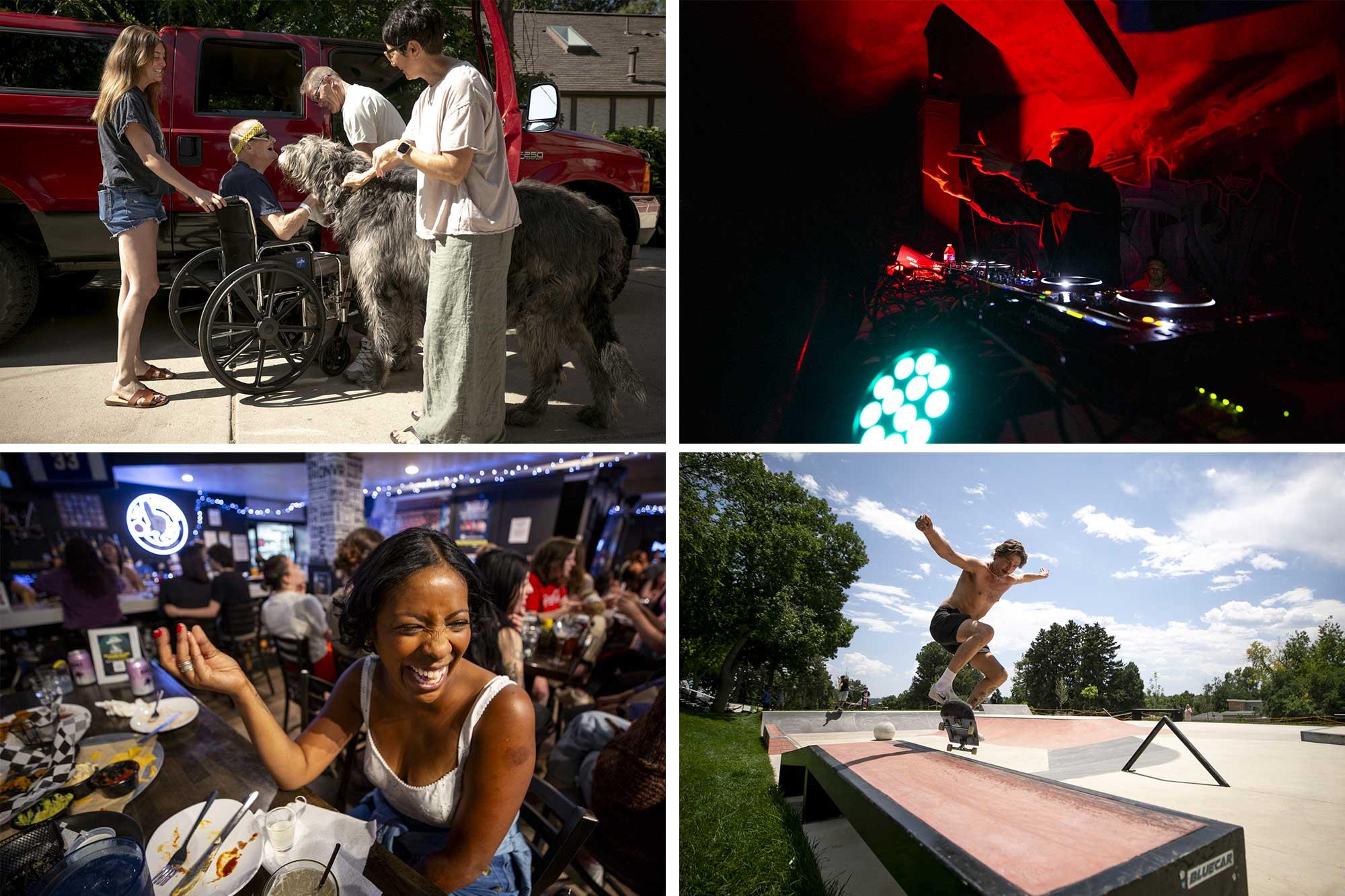A couple dozen unionized Mental Health Center of Denver (MHCD) workers picketed with their supporters on Saturday, demanding better and more stable pay.
The Service Employees International Union (SEIU) has been negotiating with the nonprofit since October. Counselors, job trainers, housing specialists and others who are members of the union were due for raises in January, but the ongoing bargaining process has delayed their wage increases. It means unionized workers haven't received any raises since the pandemic began, though their nonunion colleagues have.
Those on the picket line said they want more than higher wages. They're also asking for a guaranteed pay scale that would make incomes more predictable year over year.
Chrissy Andreasen, a therapist who's also part of the union's bargaining committee, said mental health workers in Denver and elsewhere have long been underpaid. A global pandemic that has destabilized so many people has elevated the issue.
"This past year has increased workloads. It's put a strain on the workers as far as our own mental health, our own financials, all the things that come with working in a pandemic," she said. "It's been a hard time for a lot of people. We just felt like the time was ripe to ask for these things, to get some fair wages, to get all of these very reasonable needs met."
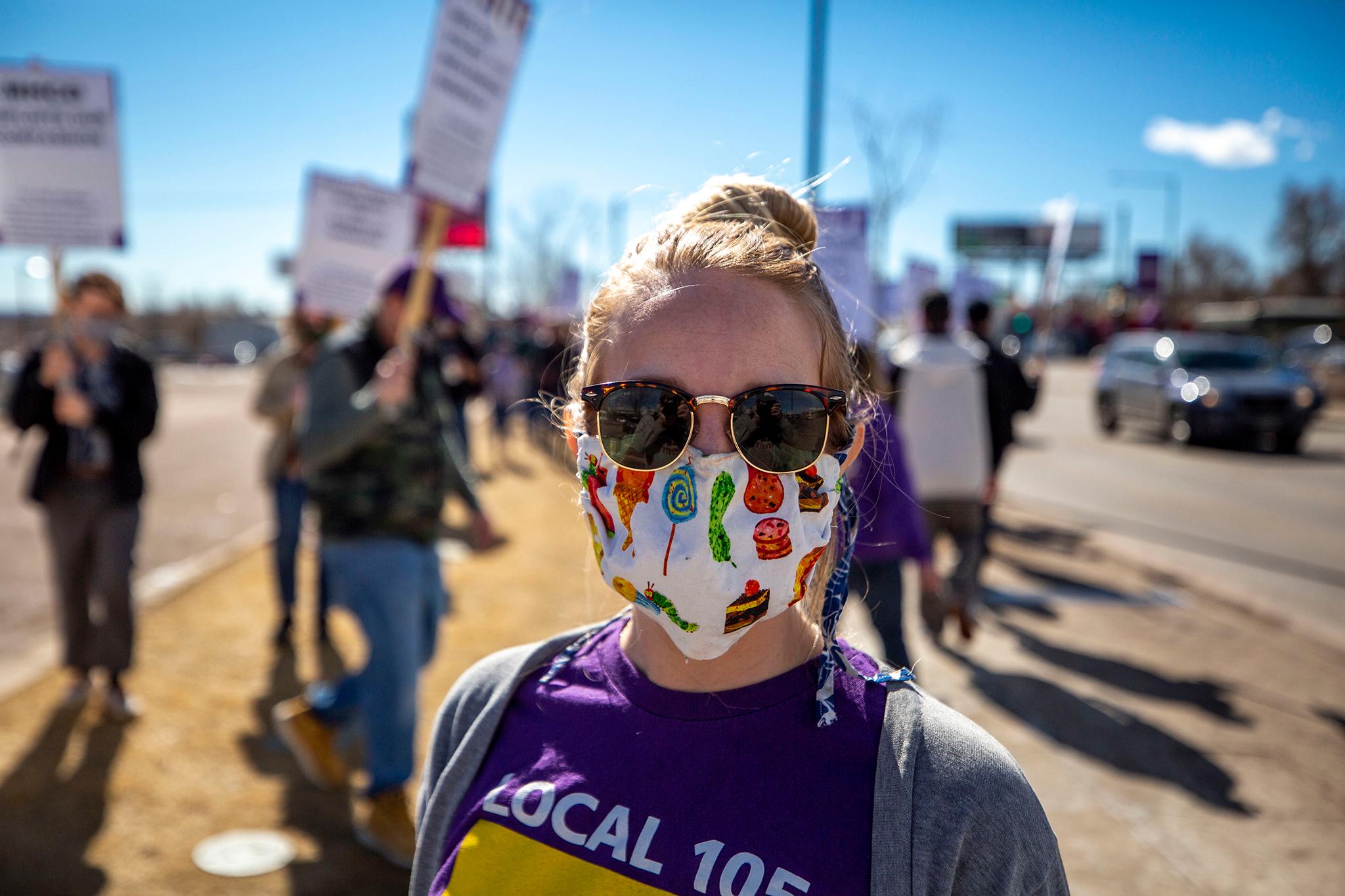
In a prepared statement, MHCD president and CEO Dr. Carl Clark said the nonprofit "values" its "hardworking, compassionate" employees, adding that he is "proud" that nobody was laid off or furloughed as funding sources dropped off during the pandemic.
"We are committed to fair and equitable salaries and offer employee compensation that is in line or above the industry average," he wrote. "We have been in negotiations for five months and will continue to work in good faith that a fair agreement will soon be reached."
MHCD operates nine facilities in Denver, including the Dahlia Campus for Health and Well-Being in Park Hill and a donation center in La Alma Lincoln Park that became a hub for food deliveries during the pandemic. MHCD workers staff the city's STAR pilot program, which removes police officers from low-level 911 calls in the city's center. MHCD workers help get people living on Denver's streets into supportive housing, offer job training and employment support, help people kick addictions and offer psychological counseling for those dealing with anxiety and depression.
In an email, MHCD spokesperson Joy Meadows told us that wages for mental healthcare workers have consistently lagged behind those in other healthcare sectors. Fixing that problem requires attention from state and federal legislators, she said, which is why MHCD and other mental healthcare outfits have been pushing groups like Colorado's Joint Budget Committee to help bolster their workforce.
"What's happening here in Denver is certainly reflective of a nationwide issue," she wrote. "Mental health is not on parity with general health care. That plays out in what our health plans will cover as well as how mental health workers are compensated."
Their services are in higher demand than ever, but workers still struggle to make ends meet.
Benjamin Franklin has worked for MHCD for about four years. He's a peer support counselor at the Lincoln House in Globeville, a residential treatment center, where he helps people kick addictions and get back on their feet.
He estimates the program's workload rose fourfold, at least, as COVID-19 shut the city and state down. Isolation can be destabilizing, he said, which means more people were asking for help. Denver surpassed the number of fatal overdoses it saw in 2019 in just nine months in 2020.
Franklin knows his work is sorely needed, and that's one reason why he said he's disappointed in his compensation. He wouldn't be able to afford living in the metro if not for other income streams in his Englewood household.
"Not with my current salary. I'm lucky that I have a wife that makes three times as much as me," he said.
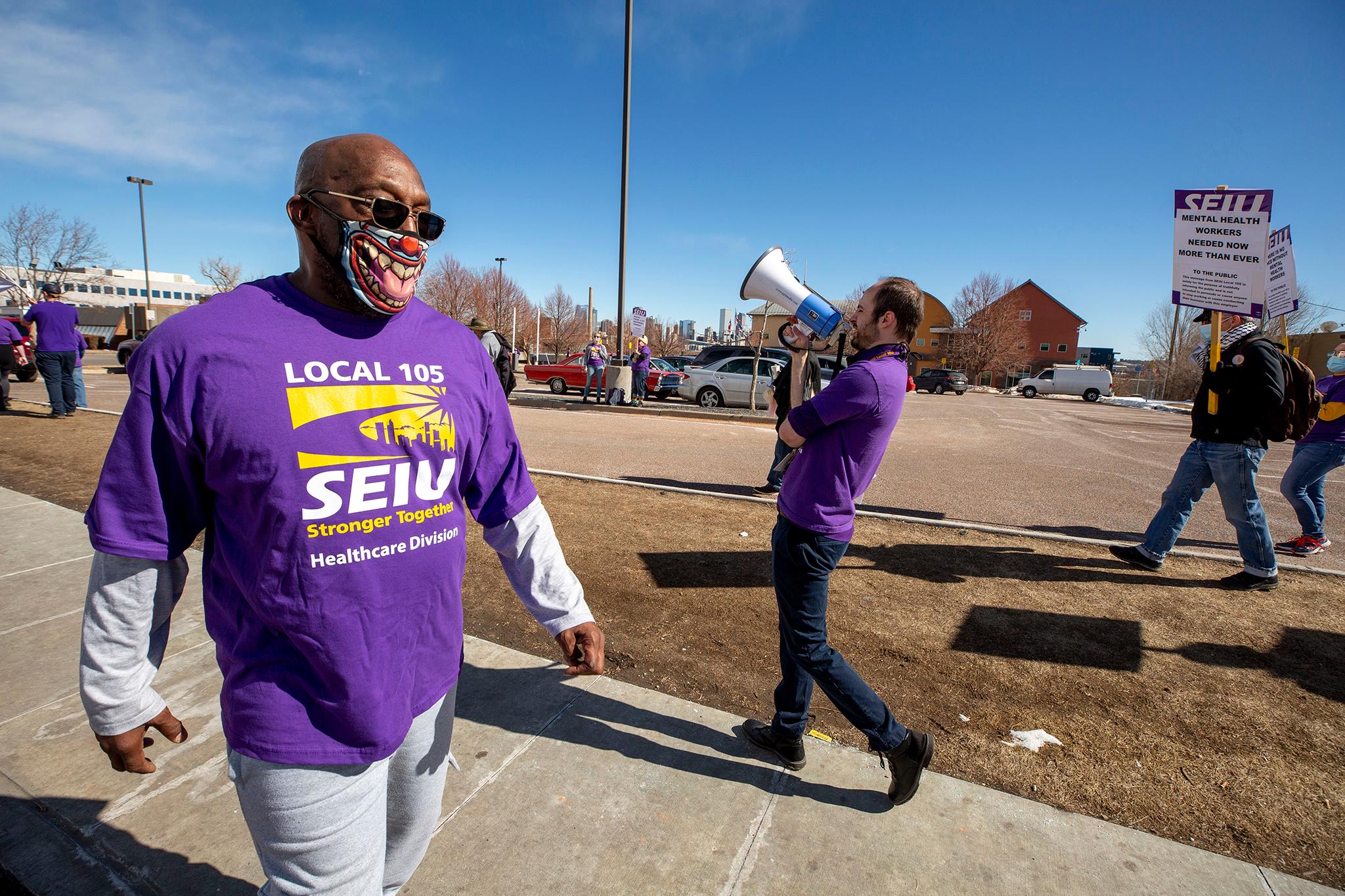
MHCD currently has a part-time job listing on its website for someone to join Franklin at Lincoln House. Applicants without a bachelor's degree are eligible for $15.84 to $19 an hour. Candidates with a bachelor's or higher can make between $18.12 and $21.73 per hour. As of Jan. 1, 2021, the minimum wage in Denver is $14.77.
The job entails providing "individual psychotherapy" with "support and insight," facilitating group therapy sessions, coordinating patient care with other service providers, maintaining "a trauma informed environment" in the house and lots more, including cooking, cleaning and laundry.
While it can be hard work, Franklin said he's passionate about his job.
"'I'd do it for free because I help people that really need help," he said. "Most of us are there for the clients, not the pay, because we don't get paid that much anyway."
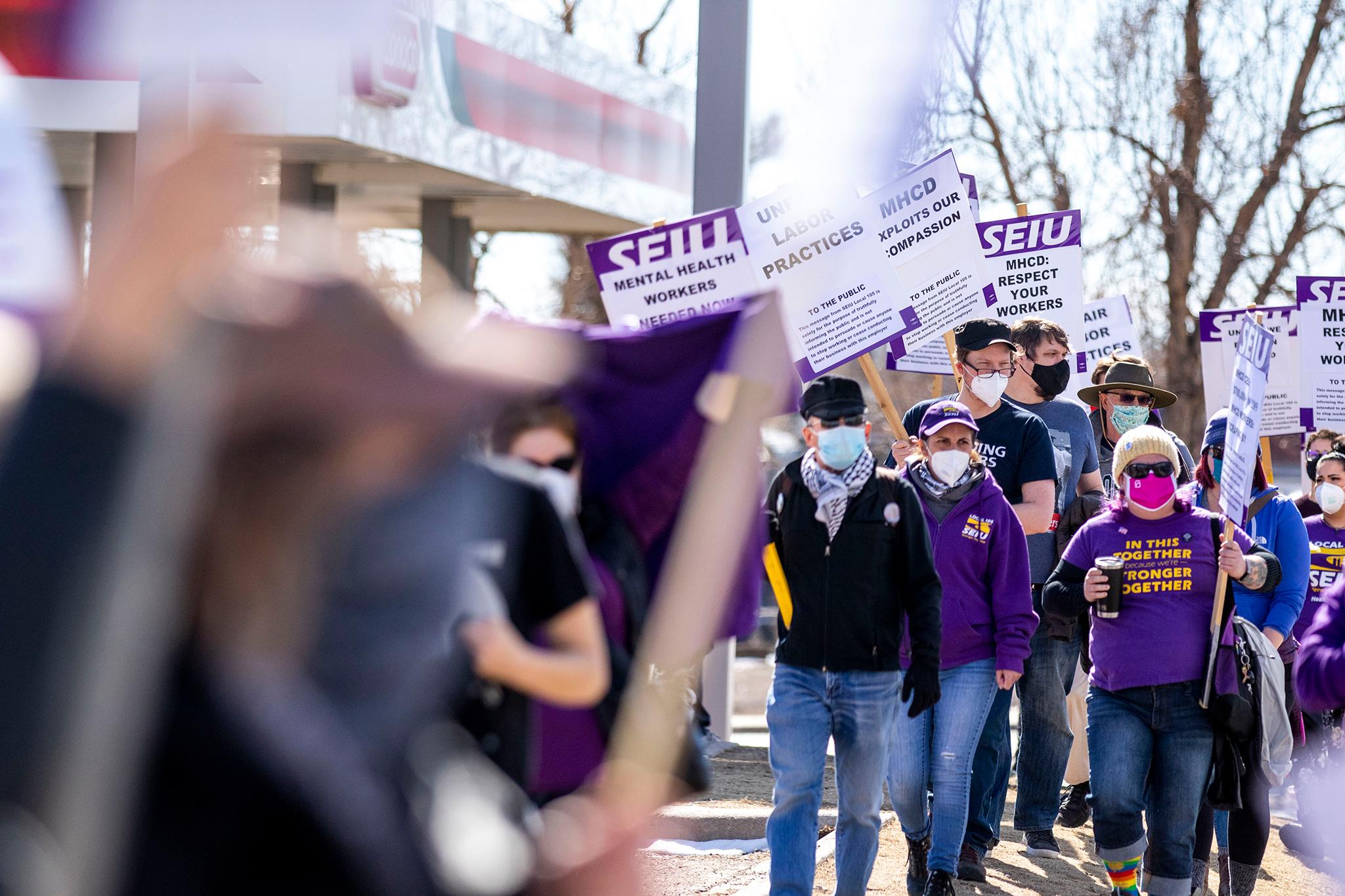
Candice Vigil said she shares Franklin's pride in her work. But, she said, "You gotta live."
Vigil was a MHCD client before she started volunteering for and then working for the nonprofit. Today, she's a supervisor for MHCD's culinary program, which teaches people how to navigate a commercial kitchen and helps them secure employment.
Like Franklin, Vigil is walking a fine line between her love for the work and her need for financial stability. Also like Franklin, she relies on her spouse's income to keep her household afloat.
"I started as a client. And now I'm so grateful and thankful for my position, but I also know that I deserve to be paid more," she said. "For a long time, I really didn't know my value. When I started researching the value of my position, I realized that I'm only making $1.31 more than minimum wage."
But the real gut punch, she said, is helping students get into entry level jobs that paid better than her own.
"It's disheartening when you get a student, and they start at $19.22 in a King Soopers deli," she said. "That was my breaking point, that I don't make as much as (what) my students get hired at."

